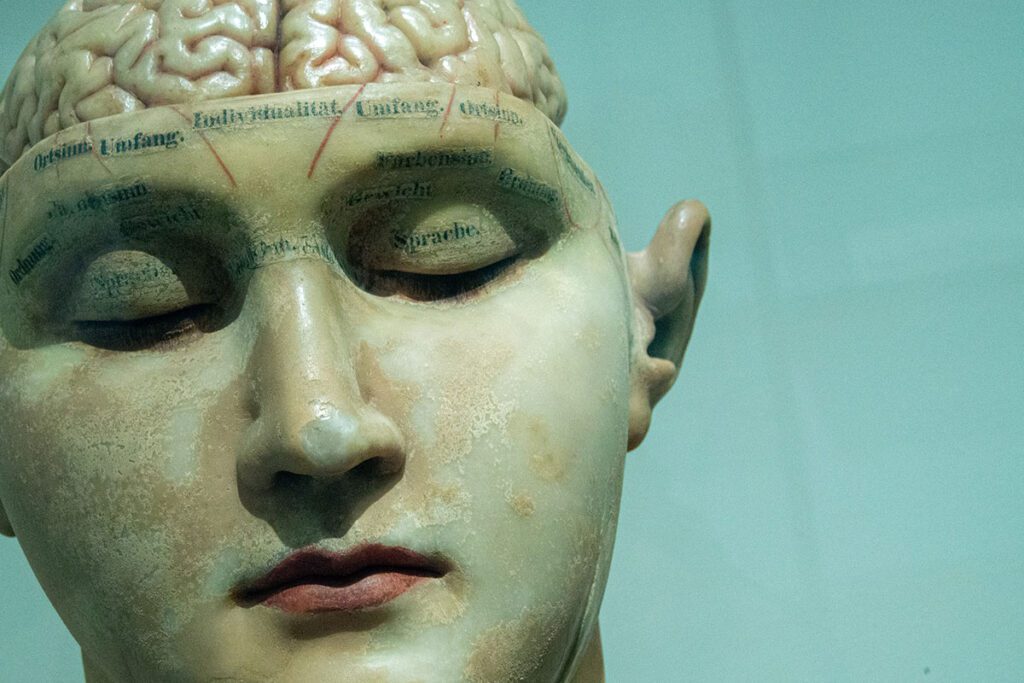Mathematical and Computational Psychology Graduate Program
Department of Psychological Sciences
View DepartmentMathematical psychologists and cognitive modelers develop and test quantitative theories of cognition, behavior, neuroscience and other psychological phenomena. As a student in the mathematical and computational psychology program, you will acquire a solid foundation in mathematics, psychology and statistics. This background will provide a basis for you to create mathematical, statistical and computational models in psychological areas ranging from low-level perception to higher-level cognitive function.
Program Highlights
- Academic study focuses on modeling psychological phenomena within cognitive psychology, learning, memory, visual and auditory perception and psychophysics; experimental design; probability; and applied statistics.
- Student thesis research is directed toward theoretical and/or methodological problems within a content area of psychology, such as experimental, social, clinical or industrial psychology.
- The interdisciplinary work delves into neighboring disciplines, including artificial intelligence, neuroimaging, neurophysiology, robotics, image and video processing, computer science, systems theory and linguistics.
Potential Careers
- University faculty member
- Computational scientist
- Software engineer
- Researcher
Plan of Study
Each graduate student admitted to a degree program must file an individualized plan of study to guide their academic progress. The plan of study is an academic contract between the student, advisory committee members and the Graduate School. Students filing their plan of study should complete their plan electronically via the Plan of Study Generator on MyPurdue. More information about creating a plan of study can be found in the Department of Psychological Sciences’ graduate handbook.
View HandbookProgram Quick Facts
Degree Type:
Doctoral
Program Length:
5 years
Location:
West Lafayette, IN
Department/School:
Department of Psychological Sciences
Research
Each student is expected to actively participate in research. Researchers in the mathematical and computational cognitive science area use different research methodologies, such as mathematical modeling, behavioral experiments, simulation experiments and neuroimaging experiments.
Bridge Topics
Within the mathematical and computational psychology program, faculty also have research interests in several bridge topics, including individual differences, learning and memory, and perception and performance. Mathematical and computational psychology faculty studying individual differences focus on developing statistical methodologies to characterize emotion regulation processes. Learning and memory research in the program applies mathematical and computational models to cognitive neuroscience, information processing and dreams. Additionally, mathematical and computational psychology faculty examine perception and performance through interests in dynamic vision, intuition in decision-making and human factors.

Research Opportunities
- Emotion regulation
- Health behaviors
- Clinical diagnosis
Admissions/Requirements
Every attempt will be made to provide financial support for students in good standing during their first five years of study. Support beyond five years is typically not possible, although individual cases will be judged on merit by relevant faculty.
A list of faculty recruiting new students for Fall 2026 admission will be posted here in September 2025.
View Admissions Criteria View Course ListConnect with Us!
If you have questions or to learn more about this program, please contact the Department of Psychological Sciences Graduate Program Coordinator, Nancy O’Brien at nobrien@purdue.edu.
Contact Us
Nancy O’Brien
Purdue University
701 Third Street
West Lafayette, IN 47907
(765) 494-6067